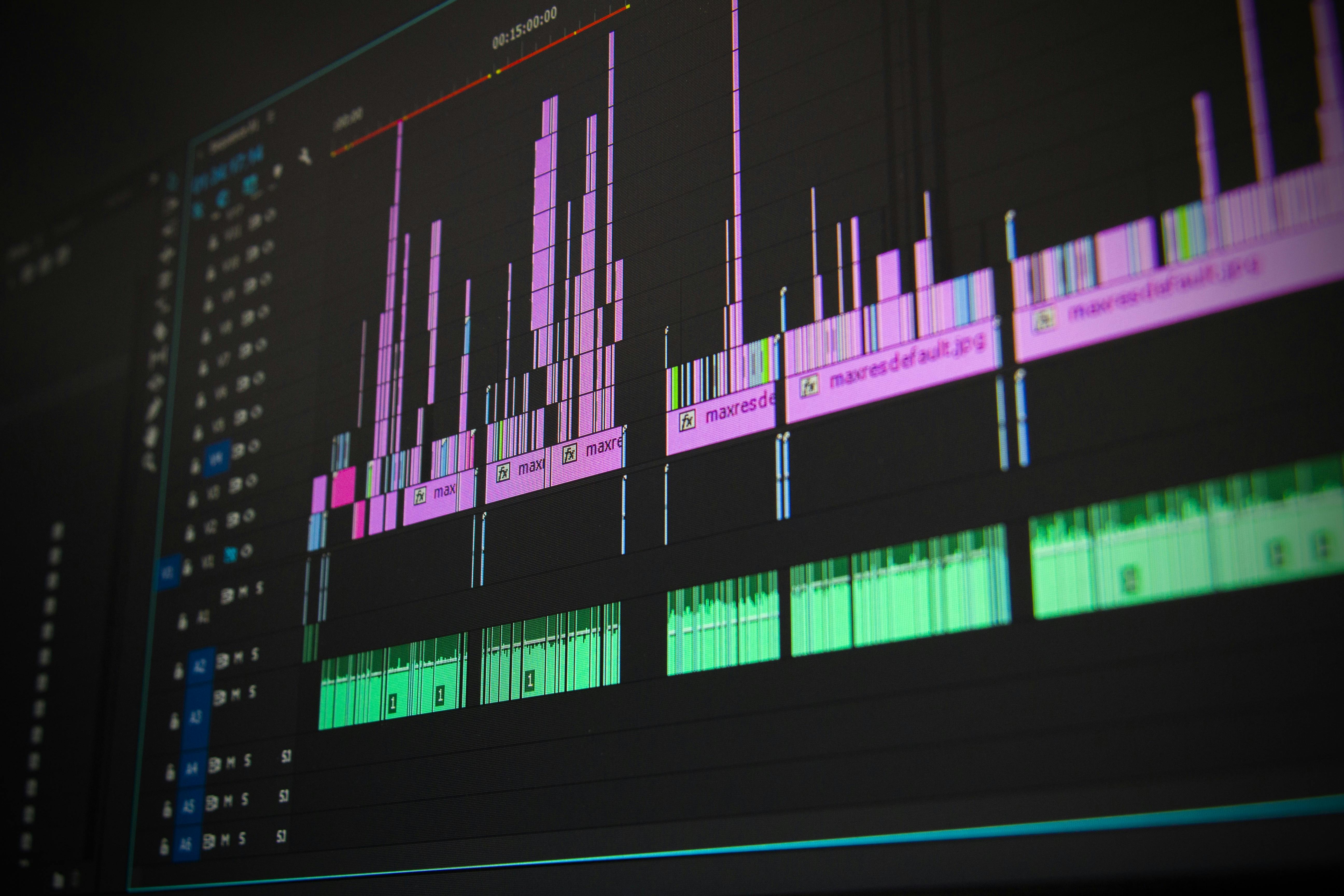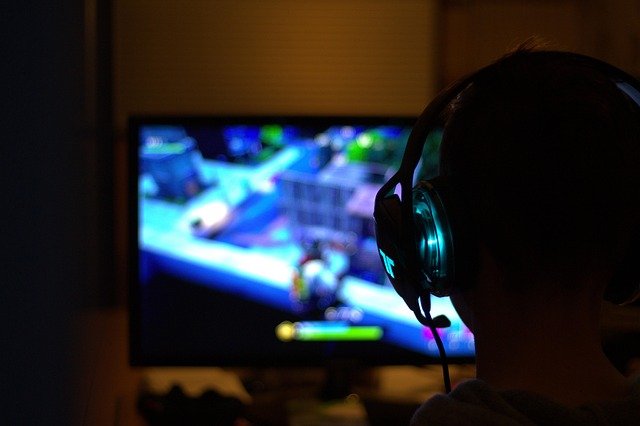Indie Game Preservation: Safeguarding Digital Pioneers
Digital treasures vanish in the blink of an eye. As indie games reshape the industry landscape, their preservation becomes a critical mission. From passion projects to cultural phenomena, these digital creations face an uncertain future. Join us as we explore the challenges, triumphs, and importance of preserving indie game history for generations to come.

The Preservation Predicament
Preserving indie games presents a unique set of challenges. Unlike major studio releases, indie games often lack the resources for long-term maintenance. Many are built on proprietary engines or rely on specific hardware configurations, making them difficult to emulate or port to newer systems. Additionally, the sheer volume of indie releases makes comprehensive preservation a daunting task. Archivists and enthusiasts must navigate legal hurdles, technical obstacles, and the race against time to save these digital artifacts.
Community-Driven Efforts
In the face of these challenges, passionate communities have risen to the task of indie game preservation. Fan-led projects, such as community-run archives and emulation efforts, have become crucial in keeping older indie titles accessible. These grassroots initiatives not only maintain playable versions of games but also document development histories, preserve original assets, and create comprehensive databases of indie game information. The dedication of these communities highlights the cultural significance of indie games and the collective desire to protect this digital heritage.
Institutional Support and Academic Interest
As the importance of indie game preservation gains recognition, academic institutions and museums have begun to take notice. Universities are establishing game preservation programs, integrating indie titles into their curricula and archives. Museums, both physical and virtual, are curating exhibits that showcase the evolution and impact of indie games. This institutional support lends legitimacy to preservation efforts and provides resources for long-term archival solutions. It also fosters academic research into the cultural, artistic, and technological significance of indie games.
The Role of Digital Platforms
Digital distribution platforms play a pivotal role in the lifecycle and preservation of indie games. Stores like Steam, GOG, and itch.io have become de facto archives, maintaining vast libraries of indie titles. However, the reliance on these platforms also poses risks, as evidenced by sudden store closures or policy changes that can render games inaccessible. Some platforms have recognized their responsibility in preservation, implementing features like DRM-free downloads or offline modes. The collaboration between platforms, developers, and preservationists is crucial for ensuring the long-term availability of indie games.
Legal and Ethical Considerations
The preservation of indie games often navigates a complex legal landscape. Copyright laws, DRM, and licensing agreements can impede preservation efforts, even when the original creators support such initiatives. Ethical questions arise around the preservation of games that are still commercially available or those whose creators wish them to remain inaccessible. Balancing the need for historical preservation with respect for creators rights and wishes remains an ongoing challenge in the field.
Technological Solutions and Innovation
Advancements in emulation technology and cloud gaming offer new avenues for indie game preservation. Projects like RetroArch and MAME have expanded their focus to include more recent indie titles, ensuring their playability on modern systems. Cloud gaming services present the potential for centralized preservation, allowing games to be maintained and updated in a single location while remaining accessible to players worldwide. These technological solutions, combined with standardized preservation practices, could revolutionize how we approach indie game archiving.
The Future of Indie Game History
As the indie game movement continues to thrive and evolve, the importance of preservation only grows. The games we save today will form the foundation of gaming history for future generations. They will provide invaluable insights into the creative processes, cultural contexts, and technological innovations of our time. By preserving indie games, we not only protect works of digital art but also safeguard a vital part of our cultural heritage. The collaborative efforts of developers, players, institutions, and technology companies will be crucial in ensuring that the pioneering spirit of indie games lives on, inspiring and informing the game creators of tomorrow.




